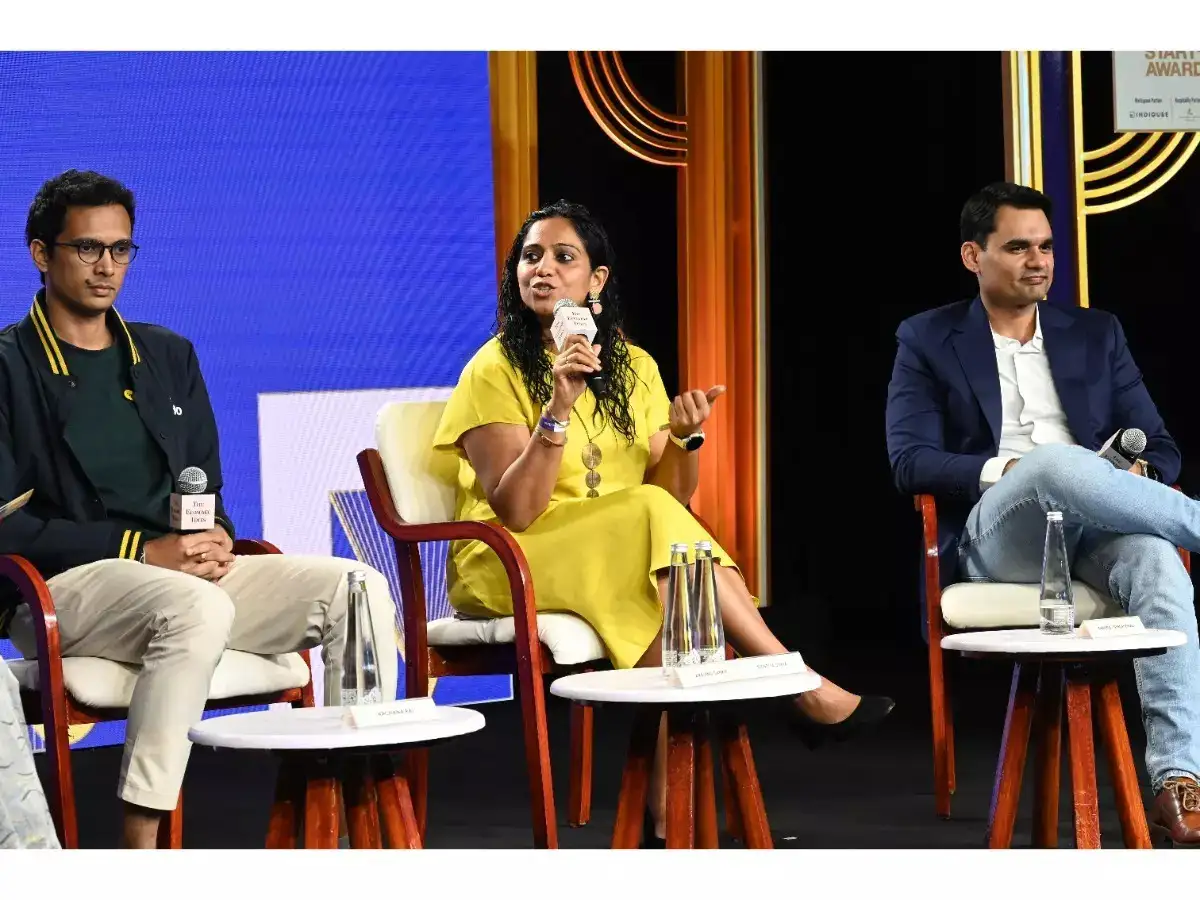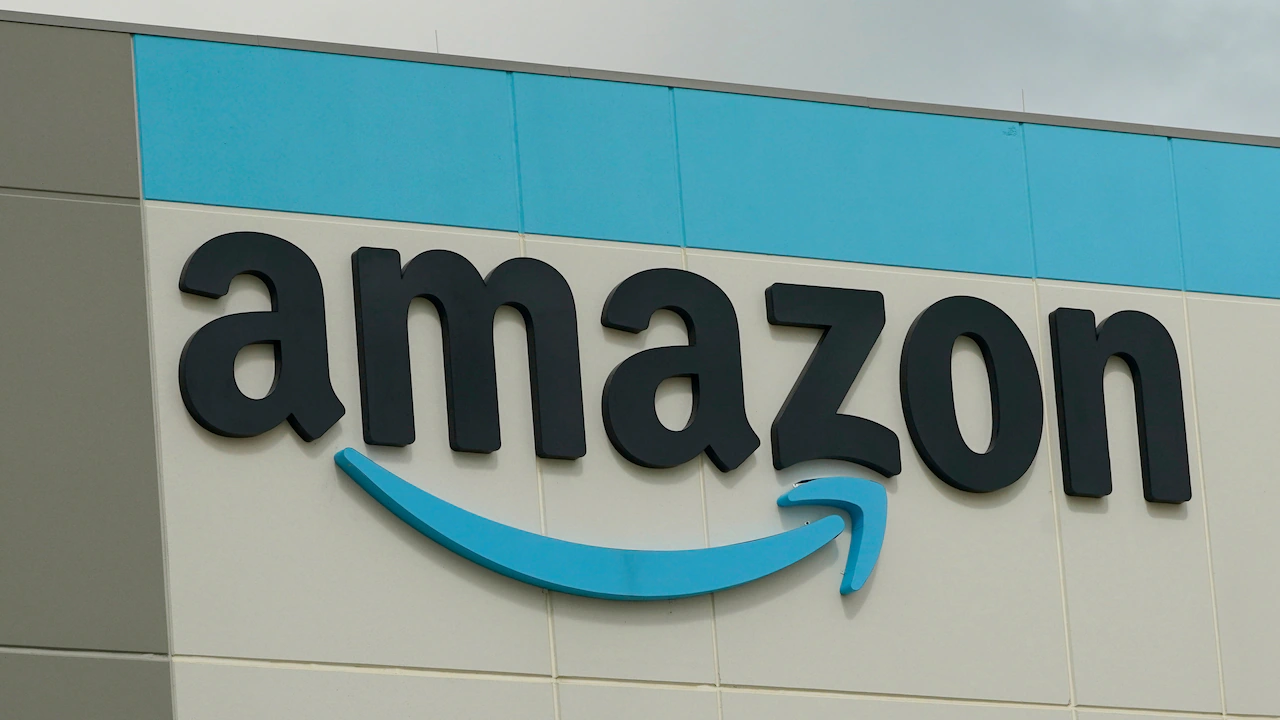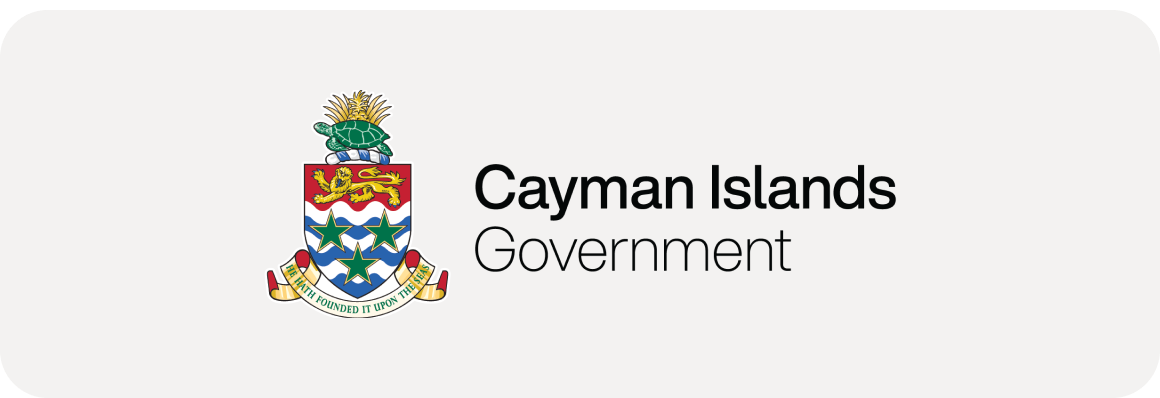Copyright indiatimes

At the ET Startup Awards event, a panel of the best and the brightest in the startup ecosystem weighed in on what it means to build a sustainable business in an age of constant change and a sharper focus on profitabilityAs India’s new age companies chart their next phase of growth, conversations around scale, disruption and valuation have taken centre stage. In a decade that has seen startups come of age and public markets open to these businesses, entrepreneurs are navigating a landscape defined by changing consumer expectations and a sharper focus on profitability.At the ET Startup Awards event, a panel comprising top names from India’s startup brigade discussed what it means to build a profitable business in this era of constant change. On the panel were Rapido cofounder and CEO Aravind Sanka, Myntra CEO Nandita Sinha and Urban Company cofounder and CEO Abhiraj Singh Bhal. The discussion was moderated by ET’s Archana Rai. Edited excerpts:Abhiraj, how was it to build Urban Company at a time when there was a lot of disruption?Abhiraj Singh Bhal: I have to keep reminding myself that it’s been a real privilege to be able to build the company that I’m building and to basically build it in the times that we live in, where there is so much opportunity to create large-scale impact in India. When I started in November 2014, I certainly didn’t think we would get this far. You have to keep reinventing because there will be disruption and there will always be some new kid on the block who is aggressive and wants to disrupt you.We have a new kid who has disrupted a huge duopolistic sector (ride-hailing) once; Aravind, you’re aiming to do it again (in food delivery)...Aravind Sanka: When we started, we didn’t say that we’d disrupt the incumbents back then. We just said that it’s (urban mobility) still not solved, and the problem is really big.Also Read: ET Startup Awards 2025: Maturing startups celebrate being the stock of the townYou thought Ola and Uber hadn’t solved it?Sanka: When we started, definitely not. We started 10 years back. So, we are not a new kid in the town. We have come a long way. But one thing is constant that we always were conscious in terms of how we give value to users.Nandita, what are your views on quick commerce since Myntra is also doing rapid deliveries with M-Now?Nandita Sinha: If you look at how ecommerce has been over the last so many years in the country, the opportunity is really big. Fashion is a $120 billion market, and you have 400 million Gen Z consumers who are truly redefining fashion. So, they are disrupting us as we build a technology-immersive consumer experience or a marketplace which enables new age brands for Gen Z.Abhiraj, there is a lot of chatter on social media on IPO valuations of new economy companies. What’s your take on it?Bhal: In the long run, the execution will define how a company is valued. As a founder of a publicly-listed company, the solace I draw is that eventually there is wisdom of the crowds that are voting with their money.After five to 10 years, whatever our valuation is, it’s really going to be what we are truly worth because what better way to do value discovery than actually millions of people, not voting with their opinions, but actually voting with their money.Also Read: ET Startup Awards 2025: Piyush Goyal on trade deals, domestic capital pool, AI and moreAravind, what do you think about companies that are going public with lack of profitability being seen as an issue?Sanka: Rapido has almost 60 million quarterly transacting users. So, when you’re solving for that kind of a mass, the biggest thing is how do you make sure that you pass the value to the users, but at the same time you go for further growth. Unless we start thinking about 200 million users, a lot of things that we are trying to do will not make sense. For us, profitability is more to do with the scale because we charge a very minimal amount from each driver.Abhiraj, what's it to be building volume in a price-sensitive market?Bhal: In our business, the customer is looking for value and that value comes from two things: delivering a high-quality service experience at home and delivering on time because consumers today don’t want to wait. We operate on a micro-market level, and you really have to densify the micro-market to be able to make the economics work at scale.Once that density, network effects and supply deal kick in, they cover for the fixed costs if your gross-margins and contribution margins are high enough. We have seen that play out in our core business across all the major cities and that’s the journey we have to continue.Aravind, do you want to tell us what you have in store when you are going after another duopolistic market?Sanka: We don’t see it as a duopoly, nor is our aim to disrupt. I think we see that there is a market where there is an opportunity, and we think we are better positioned to do it. We are not saying that we are the only ones in the position to do it, but definitely we have a chance to make it.In the Rapido network, we have the users and we have the captains delivering throughout the country. So how can we use both and then give the value to the users? That’s what we are hoping with our new launch that’s going to happen formally. We are still running a pilot in a small area in Bengaluru.Abhiraj, in the age of AI, how will you support livelihoods and the expansion of the gig economy? Is that a challenge?Bhal: At some point AI will move from the software realm fast enough into the real world and the hardware realm, and that’s something that we have to constantly build towards. In the medium term, it will make our service professionals far more productive.Profitability has become a big discussion. Are there any structural issues that you have dealt with to get to that point with your companies? How do you build for the next decade and build profitable, strong, innovative companies?Sinha: The starting point is building and strengthening the core, which then allows you to create self-reinforcing networks or moats to be able to build for that core consumer.Bhal: The organisation has to fundamentally have a DNA of frugality and value every dollar and believe that profits are good and profits go hand-in-glove with growth. They are not at loggerheads with each other. Growth delivers more profits.



